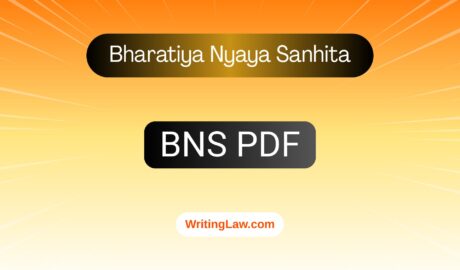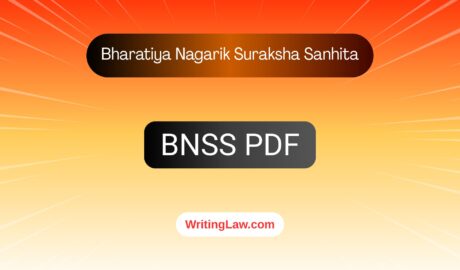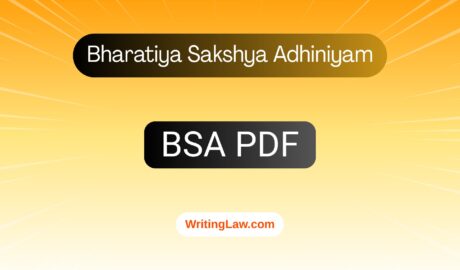Order 6, Rule 9 CPC
9. Effect of document to be stated. Wherever the contents of any document are material, it shall be sufficient in any pleading to state the effect thereof as briefly as possible, without setting out the whole or any part thereof, unless the precise words of the document or any partRead…








